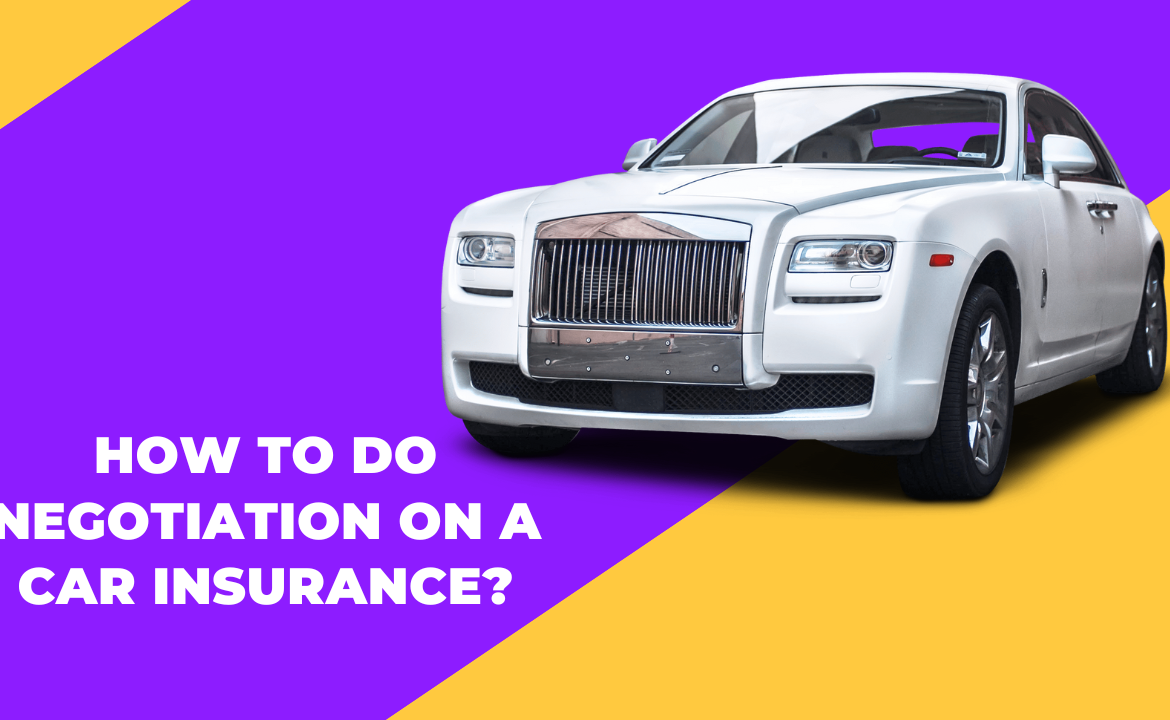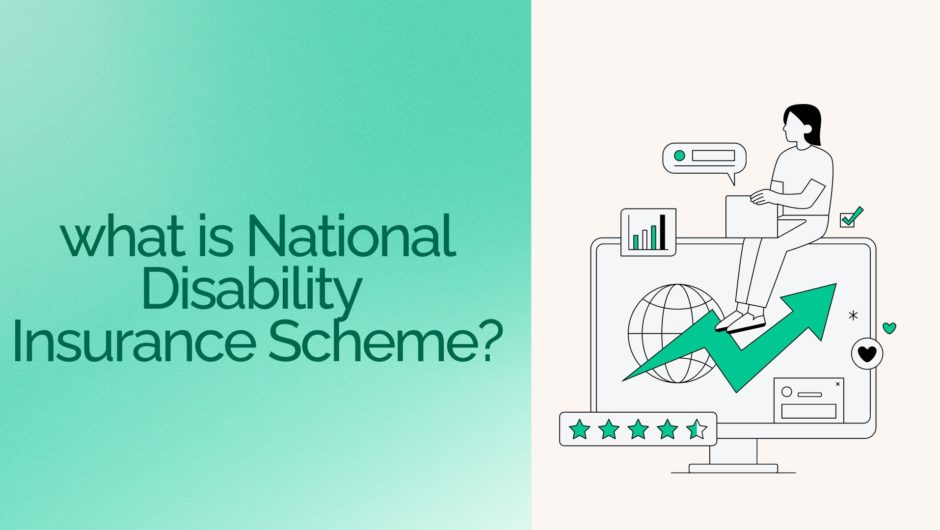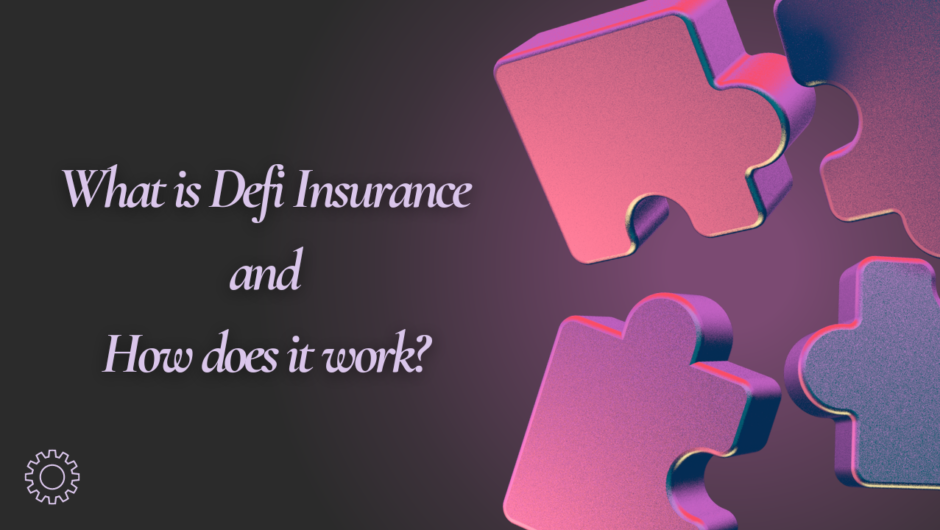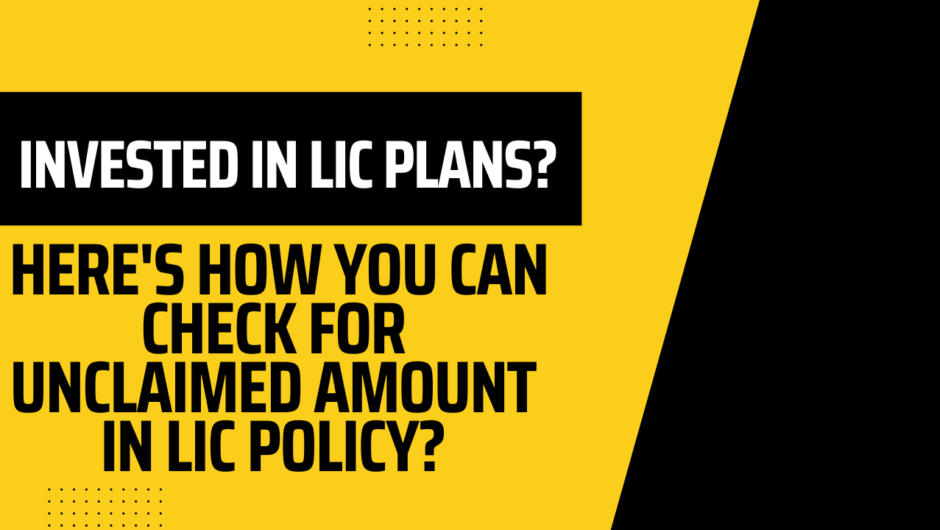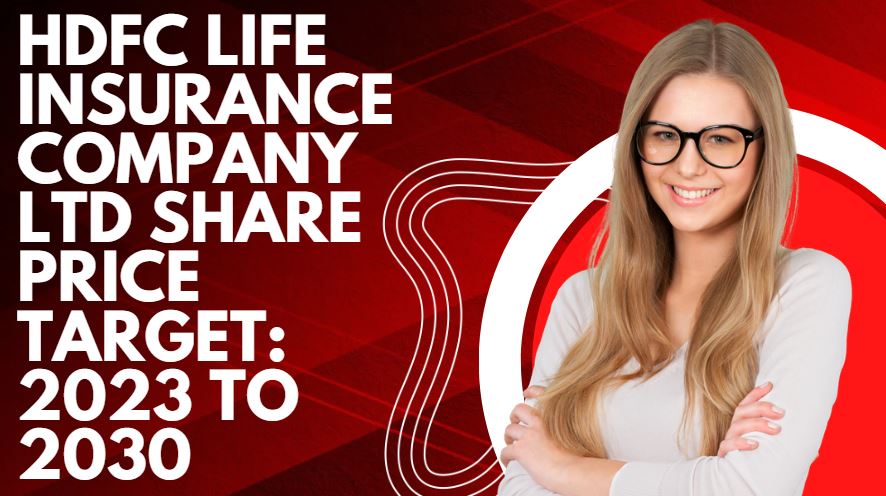Negotiating car insurance can be a valuable strategy to secure better coverage at a lower cost. Whether you’re a new customer or renewing an existing policy, understanding the factors that influence insurance premiums is key to a successful negotiation. By comparing quotes, leveraging discounts, and emphasizing your good driving record, you can effectively communicate your value to insurers. Additionally, being informed about the types of coverage you need and the market rates can provide you with the confidence to ask for a more favorable deal, ultimately saving money while ensuring adequate protection.
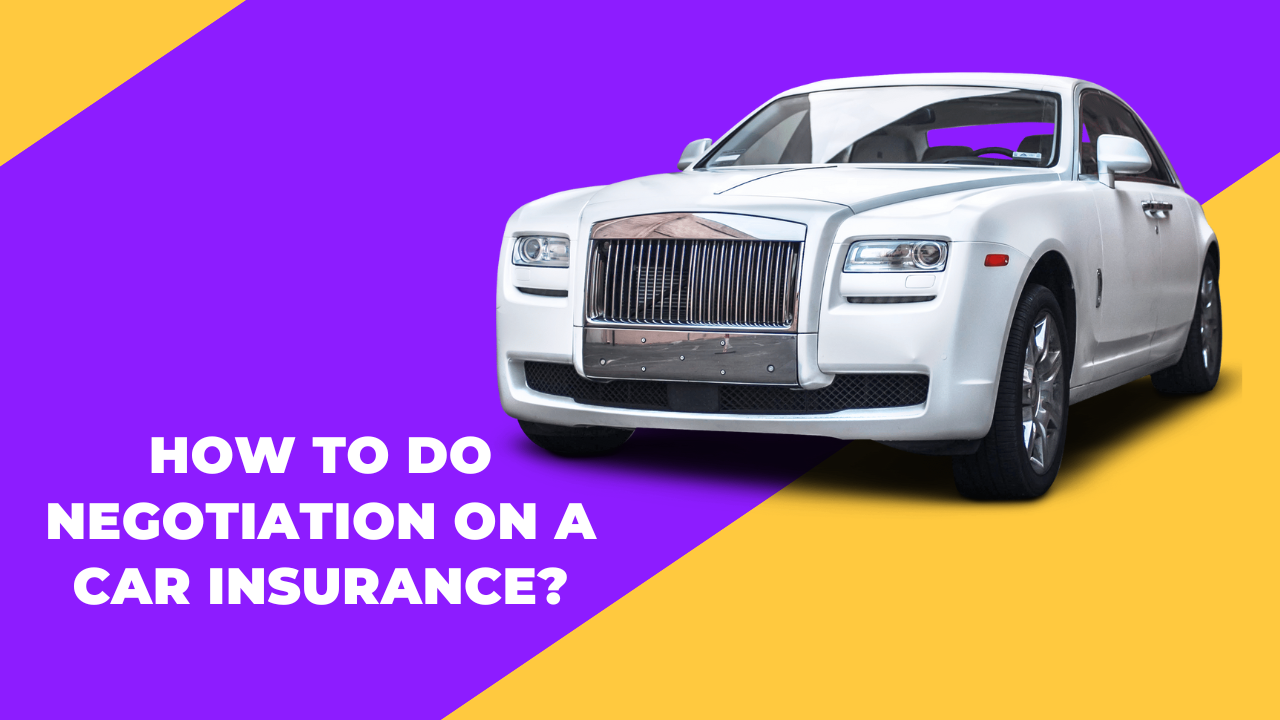
Understanding the Basics of Car Insurance
Car insurance is a financial safety net designed to protect vehicle owners from potential losses and liabilities associated with accidents and damage. It provides coverage for various risks, including damage to your vehicle, injuries sustained by you or others, and property damage resulting from an accident. Typically, car insurance policies offer several types of coverage: liability insurance, which covers damages and injuries to others if you’re at fault; collision insurance, which pays for repairs to your own vehicle after a collision; and comprehensive insurance, which covers non-collision-related damages such as theft or natural disasters. Additionally, many policies offer optional coverage like uninsured motorist protection and roadside assistance. Understanding these components helps drivers choose the right level of protection for their needs and comply with legal requirements, ensuring financial security in the event of an unforeseen incident.
Why Negotiation is Important?
Benefits of Negotiating Your Premiums
- Cost Savings: Negotiating can help lower your premium, leading to significant savings over time.
- Improved Coverage: By discussing options, you might secure better coverage or add-ons at a reduced cost.
- Tailored Policies: Customizing your policy to fit your needs ensures you’re not paying for unnecessary coverage.
- Enhanced Value: Negotiating often reveals discounts or benefits you might not be aware of.
Common Myths About Car Insurance Negotiation
- Only for New Policies: Negotiation isn’t limited to new policies; existing policyholders can also negotiate premiums.
- Insurers Won’t Budge: Many believe insurers are inflexible, but most are open to adjustments for loyal customers.
- Discounts Are Fixed: Some think discounts are set in stone, but there’s often room for negotiation based on your profile and market conditions.
Researching and Comparing Quotes
How to Gather Multiple Quotes?
To secure the best car insurance deal, start by gathering quotes from various insurers. Use online comparison tools to streamline the process, or contact insurance companies directly for personalized quotes. Be prepared to provide consistent information about your vehicle, driving history, and coverage needs to ensure accurate comparisons.
What to Look for in a Policy?
When evaluating quotes, focus on several key factors. First, examine the coverage types offered, such as liability, collision, and comprehensive insurance. Check the limits and deductibles to ensure they align with your needs and budget. Additionally, review any exclusions or conditions that may affect your coverage. Look for discounts and benefits that may apply, such as safe driver or multi-policy discounts. Lastly, consider the insurer’s reputation for customer service and claims handling, as these can significantly impact your overall satisfaction.
Discounts and Incentives
Common Discounts Available
Many car insurance providers offer discounts to reduce premiums. Common discounts include those for safe driving records, where a clean history can lead to lower rates. Vehicle safety features, such as anti-theft systems or advanced safety technology, may also qualify you for discounts. Additionally, maintaining a good credit score and completing defensive driving courses can lead to savings. Discounts are often available for low-mileage drivers or those who use their vehicles infrequently.
Bundling Policies for Better Rates
Bundling multiple insurance policies, such as car and home insurance, with the same provider can lead to significant savings. Insurance companies often offer discounts for bundled policies, as it simplifies management and increases customer retention. When considering bundling, compare the overall savings with separate policies to ensure you’re getting the best deal. Bundling not only reduces premiums but also offers the convenience of dealing with a single insurer for all your insurance needs.
Conclusion
Maximizing your savings on car insurance involves proactive steps and strategic negotiation. By gathering multiple quotes, comparing policies, and leveraging available discounts, you can secure a policy that fits your needs and budget. Understanding the benefits of bundling and customizing coverage further enhances your savings potential. Regularly reviewing and negotiating your policy ensures continued financial efficiency and optimal coverage. Ultimately, staying informed and engaging in thoughtful negotiation practices can lead to significant long-term savings and a more tailored insurance experience, providing both financial relief and peace of mind.
Frequently Asked Questions (FAQs)
1. How often should I negotiate my car insurance premiums?
It’s a good practice to review and negotiate your car insurance premiums annually or when your policy is up for renewal. Additionally, if there are significant changes in your circumstances, such as moving to a new area or purchasing a new vehicle, it’s worth revisiting your premiums.
2. Can I negotiate my car insurance if I have a poor driving record?
Yes, you can still negotiate your car insurance premiums even with a poor driving record. While a clean record often leads to better rates, you can discuss available discounts, policy adjustments, and ways to improve your premiums over time.
3. Are there any hidden fees or charges I should be aware of when negotiating?
Be sure to ask about any potential hidden fees or charges when negotiating. Some policies may include administration fees, cancellation charges, or additional costs for optional coverage. Understanding these details helps you avoid unexpected expenses and make a more informed decision.
4. What should I do if I’m not satisfied with my negotiated rate?
If you’re not satisfied with your negotiated rate, consider shopping around with other insurers for better options. Use comparison tools to explore different quotes and coverage options. If necessary, escalate the negotiation with your current insurer or seek advice from an insurance broker for further assistance.
Read More:
- Bike Insurance: Premium Details And How To Buy
- How safe private insurance companies are?
- 7 principles of Insurance which every investor should know
- Why should you avail life insurance?

Hello, I am Tanisha Kriplani, graduated in computer science from Delhi University. I am passionate about web content writing and have a strong interest in Data Analytics and Data Engineering.

